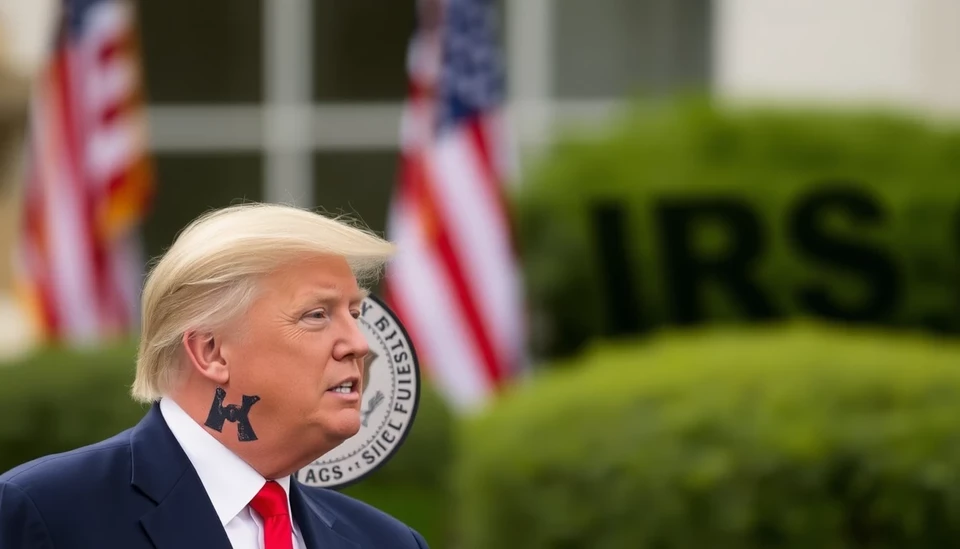
Amid a landscape of significantly reduced funding and resources for the Internal Revenue Service (IRS), critics are raising alarms about an impending surge in tax return fraud. Former President Donald Trump's administration had previously enacted cuts to the IRS's budget, a move that is now being scrutinized as evidence mounts suggesting that these cuts may embolden tax cheats to exploit the system.
For years, the IRS has struggled with dwindling resources, which has impeded its ability to effectively audit tax returns and enforce compliance. The agency's budget has seen sharp cuts, particularly during the Trump administration, leading to a depletion of manpower and skills necessary to identify and tackle fraudulent activities. Critics argue that the reduced capacity could leave room for tax return cheats to navigate the system with greater ease.
Reports indicate that with fewer agents available to conduct audits, taxpayers may feel a stronger sense of impunity when it comes to reporting their earnings accurately. Tax fraud, which encompasses underreporting income, inflating deductions, or outright falsifying information, could reach new levels as individuals who might have previously adhered to their obligations perceive a lesser chance of being caught.
It has been emphasized by tax policy experts that the IRS's ability to deter fraud largely hinges on its enforcement capabilities. With audits plummeting to historic lows due to budget cuts, the potential for tax fraud looms large, particularly as citizens may opt to take risks they would not have considered previously.
Additionally, advancements in technology, including sophisticated software that can assist individuals in manipulating tax returns, further complicate the enforcement landscape. The combination of reduced IRS oversight and available tools for fraudulent activities forms a perfect storm for tax-related offenses.
As the effects of these cuts reverberate throughout the tax season, lawmakers are being urged to reconsider funding levels for the IRS. Advocates for increased IRS financing assert that investing in the agency could not only deter fraud but also recover billions in uncollected taxes, thereby benefiting the overall economy. The consideration of new bills aimed at boosting the agency's budget is currently a topic of discussion among officials focusing on fiscal responsibility and tax equity.
In conclusion, the intersection of reduced IRS funding and an uptick in potential tax fraud presents a troubling scenario as the United States heads into tax season, underscoring the urgent need for a reassessment of tax enforcement strategies. Without proactive measures, the legacy of the cuts initiated during the Trump years may have far-reaching implications for tax compliance and public trust in the government’s ability to manage tax policy properly.
#TaxFraud #IRS #TrumpCuts #TaxSeason #FiscalPolicy #TaxCompliance #BudgetCuts #FinancialIntegrity
Author: Daniel Foster

